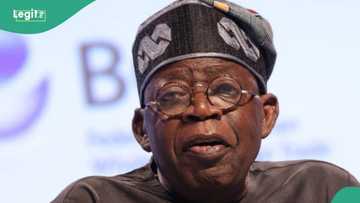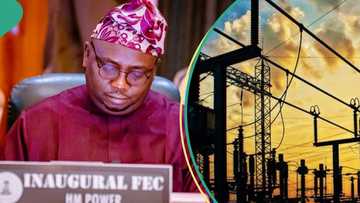NLC, Manufacturers, Others React to NERC's Increase in Electricity Tariff
- In a recent move, NERC announced it is increasing the electricity tariff for Band A consumers in the country
- The decision has faced criticism from labour, manufacturers, and experts, who perceive it as ill-timed
- Band-A users are typically classified as those who enjoy electricity for more than 20 hours a day
Legit.ng journalist Zainab Iwayemi has over three years of experience covering the Economy, Technology, and Capital Market.
The decision by the Nigerian Electricity Regulatory Commission (NERC) to raise the electricity tariff for Band A consumers from the current N66 per kilowatt hour to N225, or a 240% increase, has been criticised by the Nigeria Labour Congress (NLC), manufacturers, and other concerned stakeholders.
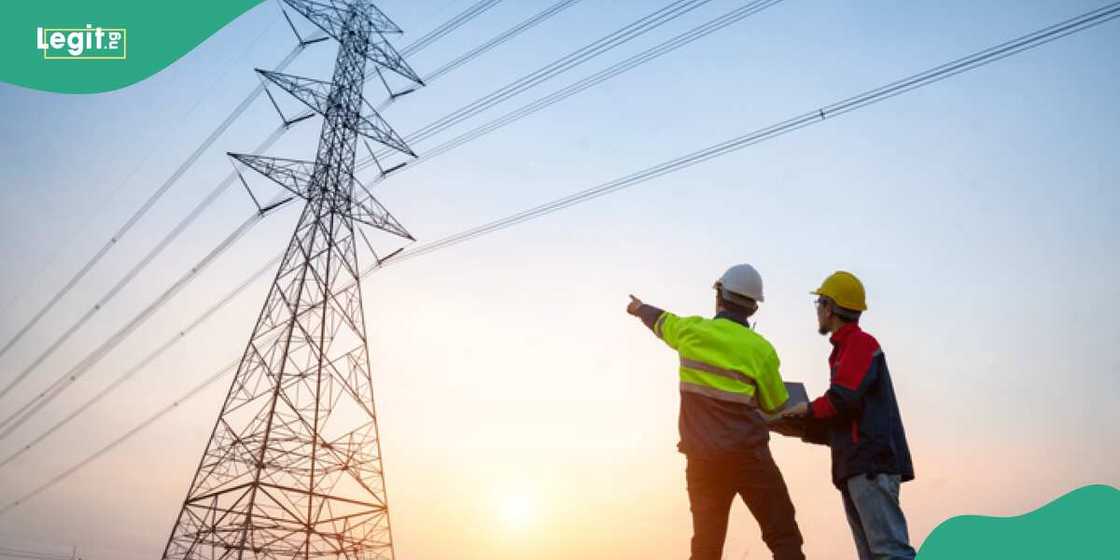
Source: Getty Images
Band-A users are those who enjoy electricity for more than 20 hours daily.
In 2020, the Nigerian Electricity Regulatory Commission (NERC) implemented the Service-Based Tariff (SBT) to improve customer service and ensure that energy tariffs paid by end-users accurately reflect the services provided by power distribution companies.
These tariffs are determined based on the number of hours of daily electricity supply.
In a recent statement from Musiliu Oseni, the executive vice chairman of NERC, the regulator guaranteed that customers in Band B to E would not be affected by the proposed rate increase.
He said that 15% of the 12 million energy users in the country are Band A subscribers.
More to know about NERC's tariff hike
- Key fact to know about electricity service bands
- NERC approves triple increase in electricity tariff for Band A customers
How stakeholders are reacting
In response, NLC spokesman, Benson Upah, told Daily Sun that the action was blatantly harsh and insensitive and should be scrapped immediately.
He contended that the rise would harm companies and result in higher food prices, business closures, and employment losses.
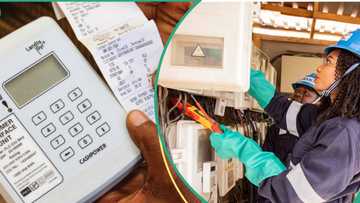
Read also
Ikeja Electric releases list of locations in Lagos with 24-hour electricity as NERC hikes tariffs
According to Upah, the World Bank and the International Monetary Fund (IMF)—rather than the general public—are the ones most likely to gain from the increase in electricity prices.
He said:
“The government’s decision is not only insensitive, it is callous. It’ll further pauperise consumers, especially workers whose wages are fixed and insufficient.
“It similarly makes the operating environment more hostile for manufacturers with the potential for an astronomical rise in the cost of goods and services or, in the worst case scenario, more closures and loss of jobs."
Dr Muda Yusuf, the former director general of the Lagos Chamber of Commerce and Industry (LCCI), also described the current increase as discriminatory, adding that electricity is a social service.
He claimed that the rise still amounts to cross-subsidy, with the wealthy paying more for power to support the less fortunate and average Nigerians.
Yusuf, the CEO of the Center for Promotion of Private Enterprise (CPPE), stated that the federal government needs to find ways to keep funding the power industry.
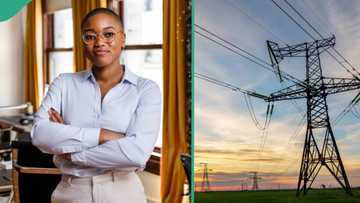
Read also
New electricity tariff: Lady names people that will be affected as 'NEPA bill' increases in Nigeria
He cautioned that the government cannot afford to leave the industry entirely in the hands of the private sector, which has profit as its primary motivation.
He added that certain Band A subscribers had been transferred to Band B by the commission because the required electricity supply hours had not been met.
Yusuf said:
“We currently have 800 feeders categorised as Band A, but upon reviewing their performance, the Commission has reduced it to under 500. This means that 17% now qualify as Band A feeders. These feeders only service 15% of total electricity customers connected to the feeders”.
The former Chairman of the Manufacturers Association of Nigeria (MAN), Frank Onyebu, expressed shock over NERC’s decision.
“There’s no way our government could be so insensitive to slam this tariff on manufacturers.
“Band A, which, by the way, is populated mostly by will manufacturers. It is manufacturers who are going to bear the brunt of this ridiculous tariff hike!"
Lagos communities affected by electricity tariff hike
Legit.ng earlier reported that many Nigerians have been worried about the Band they belong to after the Nigerian Electricity Regulatory Commission (NERC) increased the electricity tariff.
The hike in electricity tariff affected Band A customers, who reportedly enjoy a 20-24-hour electricity supply daily.
As reported by The Nation, no fewer than 41 areas are affected by the increase in electricity in Lagos state.
PAY ATTENTION: Unlock the best of Legit.ng on Pinterest! Subscribe now and get your daily inspiration!
Source: Legit.ng

